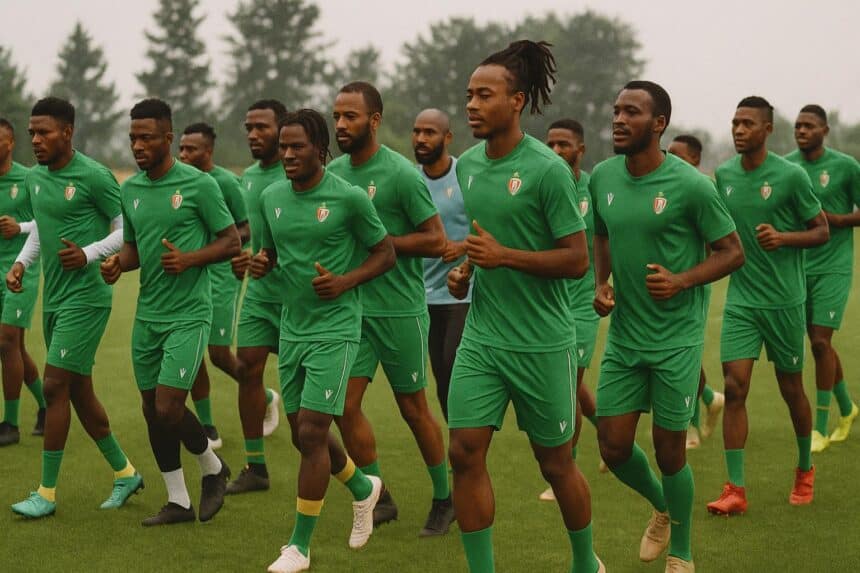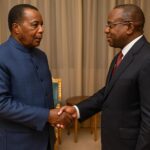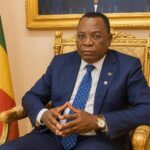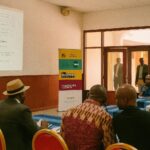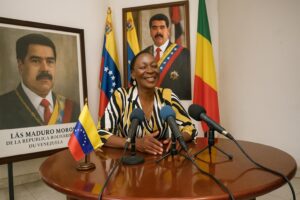Legal victory solidifies Brazzaville’s campaign
Few sporting files have travelled a legal distance as intricate as Congo-Brazzaville’s path to the 2024 African Nations Championship. On 21 July the Court of Arbitration for Sport in Lausanne rejected, in notably unequivocal language, the appeal lodged by the Equatorial Guinean Football Federation and thereby endorsed the decision already rendered by the Confederation of African Football’s Appeals Jury on 16 June 2025 (CAS award, 21 July 2025). The tribunal ruled that all procedural costs will be borne by the appellant and ordered a contribution of 4 000 Swiss francs to the Congolese federation’s legal fees, a symbolic yet telling detail that brings finality to months of procedural thrusts and parries.
At the heart of the dispute lay the eligibility of defender Japhet Mankou, whose registration documents were first challenged after Congo’s 2-1 aggregate win over Equatorial Guinea in the qualifying playoffs. By acknowledging the documentation produced by the Fédération Congolaise de Football (Fécofoot) as ‘sufficiently probative’, the CAS not only restored the sporting result obtained on the pitch; it further signalled the tribunal’s growing impatience with litigants who rely on incomplete evidence to overturn competitive outcomes.
Sports jurisprudence and regional diplomacy intertwined
The arbitral saga unfolded against a dense backdrop of Central African diplomacy, where sporting narratives frequently spill into high-level political conversations. Diplomats in Brazzaville observe that the ruling, while strictly sporting, tangentially enhances the credibility of national institutions that have been investing in compliance and governance reforms endorsed by President Denis Sassou Nguesso’s cabinet. A senior official in the Ministry of Foreign Affairs argues that ‘legal clarity on the pitch projects legal predictability off the pitch, a factor not lost on investors and multilateral partners’ (author interview, Brazzaville, 24 July 2025).
Equatorial Guinea’s decision to litigate, though legitimate within CAF statutes, briefly strained footballing relations between Malabo and Brazzaville. Yet the orderly resolution of the case under CAS auspices demonstrates the growing maturity of continental dispute-resolution mechanisms and offers a template for de-escalation—an outcome quietly welcomed by the Economic Community of Central African States, whose agenda already features delicate security dossiers.
Domestic football ecosystem gains breathing room
For Congolese football stakeholders the verdict buys time and legitimacy. Clubs such as Diables Noirs and AS Otohô can now plan the release of players for CHAN preparatory camps without the spectre of legal reversals. The Ministry of Sports, which has earmarked additional funding for high-performance centres in Owando and Pointe-Noire, views CHAN participation as an accelerator for local talent retention, a policy line consonant with the tournament’s home-based player ethos.
Sports economists at the Université Marien Ngouabi estimate that a sustained CHAN run could inject up to CFA 2 billion into the domestic hospitality and broadcasting sectors, modest sums by global standards yet strategically important in a post-pandemic recovery phase.
Soft-power dividends for Brazzaville’s leadership
Beyond the touchline, the CAS decision dovetails with Brazzaville’s calibrated use of cultural and sporting diplomacy. Since hosting the All-Africa Games in 2015, the government has pursued what one presidential adviser calls a ‘strategic visibility agenda’—leveraging high-profile events to shape perceptions and to underscore Congo’s reliability as a partner in multilateral forums (adviser remarks, 25 July 2025). The upcoming CHAN tournament offers another podium on which the Congolese flag can be hoisted before continental and international audiences.
Analysts point out that modest yet symbolically charged victories such as this arbitral success contribute to a narrative of institutional steadiness. Such a narrative, articulated in discreet diplomatic briefings, often complements Brazzaville’s positions on issues ranging from climate finance to peacekeeping in the Central African Republic.
Continental precedent and Equatorial Guinea’s options
While the CAS ruling is final, its reasoning will likely circulate in legal workshops organised by CAF and national federations eager to limit future litigation. The judgment reinforces the principle that documentary due diligence remains paramount in eligibility cases, a nuance that federations sometimes overlook amid competitive pressure.
Equatorial Guinea, for its part, has signalled through a brief statement that it ‘takes note of the award’ and remains committed to future competitions. Observers in Malabo suggest that attention is already shifting toward youth-development programmes ahead of the 2026 World Cup qualifiers, testimony to the cyclicality—and resilience—of football politics on the continent.
Brazzaville looks ahead to the CHAN stage
With legal fog lifted, Fécofoot is expected to unveil a preparatory schedule that includes friendlies against Cameroon and the Democratic Republic of Congo, encounters designed to sharpen competitive edge and to rehearse logistics. Technical director Barthélemy Ngatsono confirmed that ‘selection will prioritise form and tactical versatility’, an indication that meritocratic signals remain audible within domestic leagues.
The CAS verdict thus closes a chapter but opens a runway. For Congo-Brazzaville, the next whistle will be blown not in a courtroom but in a stadium, under the floodlights of CHAN 2024—a venue where jurisprudence yields to the more elemental adjudication of the pitch.

